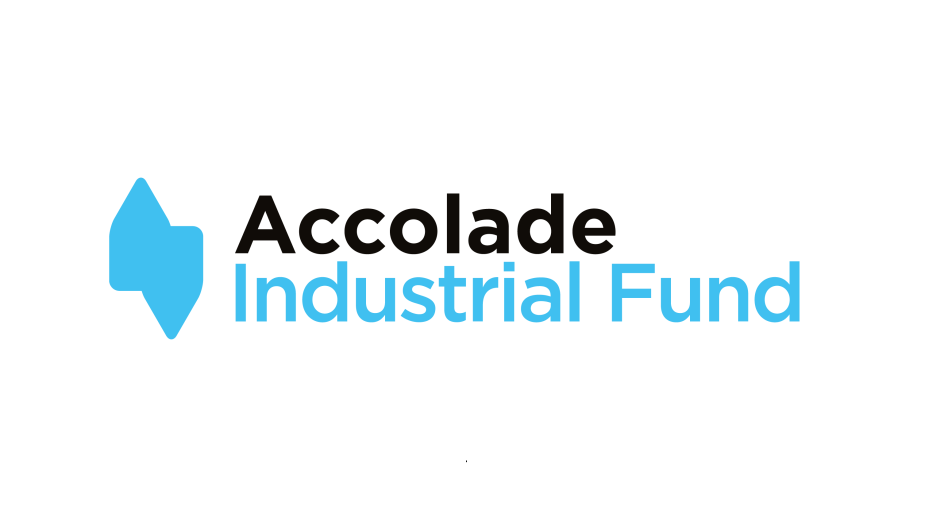Another significant milestone for Accolade Industrial Fund: annual rent income from the Fund’s projects exceeds EUR 100 million
Accolade Industrial Fund, which celebrates its ten-year anniversary this year, surpassed another significant milestone in the first quarter by exceeding EUR 100 million in total annual contractual leases, equivalent to approximately CZK 2.5 billion. Some projects in Germany or Poland even saw rent increases of tens of per cent. Moreover, Accolade Industrial Fund posted a return of over 3% in CZK and almost 2% in EUR in the first quarter. The average annual return since inception is 12%.

The total annual contracted leases in the properties belonging to the Fund’s portfolio exceeded EUR 100 million in the first quarter of this year. “The Fund surpassed this historic milestone thanks to the trend of rising rents and the indexations included in the contracts. This led to a 3% increase in long-term rents. Contract extensions also contributed to the growth,” said Milan Kratina, co-founder of Accolade Industrial Fund, adding that most of the buildings in the Fund’s portfolio were completed before 2022, which means that rents in the buildings are lower than current market rents. “This is where the Fund’s investment opportunity is now interesting. There are not many sectors of the commercial property market where the chance to exploit this difference would be so significant, allowing for quarterly rent increases of tens of per cent,”Milan Kratina added.
In the first quarter alone, the Fund managed to increase rents on several projects. Examples include a contract in Lublin, Poland, with technology innovator Data Modul, or a contract in Mińsk Mazowiecki, where vacant space was leased to Reha, a major manufacturer and supplier of medical devices. Rents have also increased in Bochum, Germany, where a new contract has been signed with Waterkotte.
In the first quarter, the Fund achieved a 3% return in CZK terms and a 2% return in EUR terms. The positive result was also due to the halt in the decline in property prices and the associated rise in yields, which stabilised following the no longer anticipated rise in interest rates. “If we compare the last quarter of last year with the first quarter of this year across European countries, CBRE data clearly shows that, with minor exceptions, there is no more yield growth in most markets,” said Milan Kratina, who is convinced that we are close to establishing a new normal in the logistics property market.
After the past three years, the property market is stabilising. It is not excluded that there will still be a slight decline in terms of rents due to the oversaturation of the market in some locations and due to decreasing construction costs. However, according to Kratina, the long permitting processes and generally higher yields in commercial properties around the world will not allow for a noticeable reduction in rents.
“As a result of what has been happening in recent years, Europe’s desire to become more independent from other continents in many areas is becoming fully apparent. This is what is driving up demand for manufacturing and robotic distribution centres. Both industry and warehousing must have somewhere to return to on the old continent. And if we look at it from this perspective, we are really only at the beginning of the European industrial market today, trading a bit of globalisation for a bit of our certainty and security,” Kratina concluded.